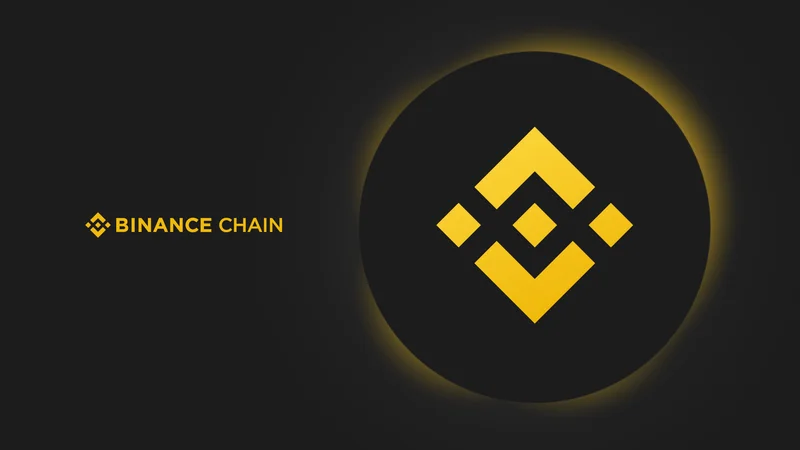Real-Time BNB Signal Analytics
Real-Time BNB Signal Analytics
The pardon of Binance founder Changpeng Zhao (CZ) by former President Trump has raised eyebrows, particularly given CZ's guilty plea on money laundering-related charges and Binance's ban from operating in the US. Trump claims ignorance, stating, "I don't know who he is," yet the timing and circumstances reek of something more calculated. Trump on Binance cryptocurrency tycoon he pardoned: "I don't know who he is"
Trump's professed ignorance clashes directly with reports that Binance facilitated a $2 billion purchase of World Liberty Financial's stablecoin earlier in the year. World Liberty Financial, a venture founded by Trump's sons, Eric and Donald Jr., saw a significant boost in profile and value thanks to this deal. The question isn't whether Trump knows CZ, but whether he understands the implications of Binance's involvement with his sons' company.
This isn't just about a pardon; it's about potential financial gain. A $2 billion injection into a company linked to the Trump family is hardly small change. Was this a quid pro quo? Trump denies any involvement, calling it a "Biden witch hunt," but the optics are terrible. The government alleged Zhao caused "significant harm to U.S. national security," essentially by allowing terrorist groups like Hamas to move around millions of dollars. (Hardly the resume of someone deserving a pardon.)
Trump's defense – that "a lot of people said that he wasn't guilty of anything" – is a flimsy justification at best. Zhao pleaded guilty, served four months, and his company was barred from the US market. The idea that this was simply a "political prosecution" doesn't hold water when you consider the facts.

After the pardon, Trump said, "He had a lot of support, and what they said that he did is not even a crime. It wasn't a crime. That he was persecuted by the Biden administration. And so I gave him a pardon at the request of a lot of very good people."
But who are these "very good people?" Details remain scarce, but the connection to World Liberty Financial is a data point that cannot be ignored. I've looked at hundreds of these filings, and the speed with which World Liberty Financial's value increased after the Binance deal is unusual.
Trump's denial of knowledge regarding CZ and Binance is a classic deflection tactic. He acknowledges his sons' involvement in crypto, stating, "My sons are into it. I'm glad they are, because it's probably a great industry, crypto. I think it's good. You know, they're running a business, they're not in government."
This statement attempts to create distance, but it simultaneously acknowledges the potential value and legitimacy of the crypto industry – an industry that benefited directly from Binance's actions. The discrepancy between his claimed ignorance and his awareness of the industry's potential is glaring.
Trump's pardon of CZ isn't just a simple act of clemency; it's a calculated move that potentially benefits his family's financial interests. The $2 billion investment in World Liberty Financial, coupled with Trump's vague justifications and denials, paints a picture of calculated crypto play. It isn't a mistake, it's a feature.